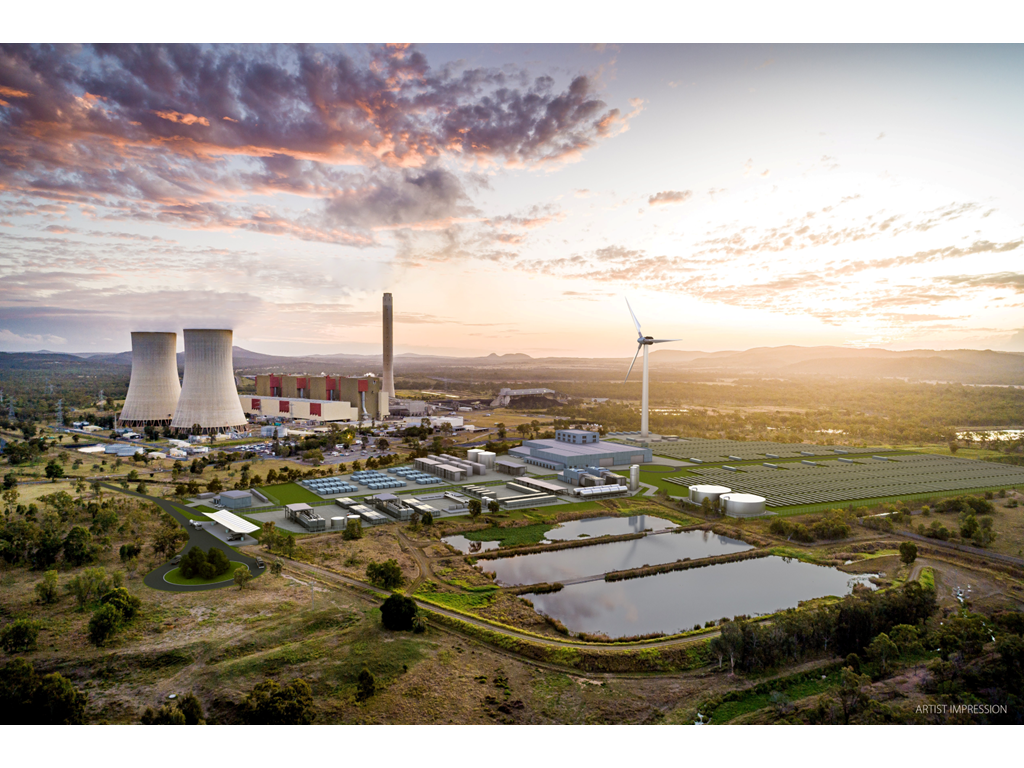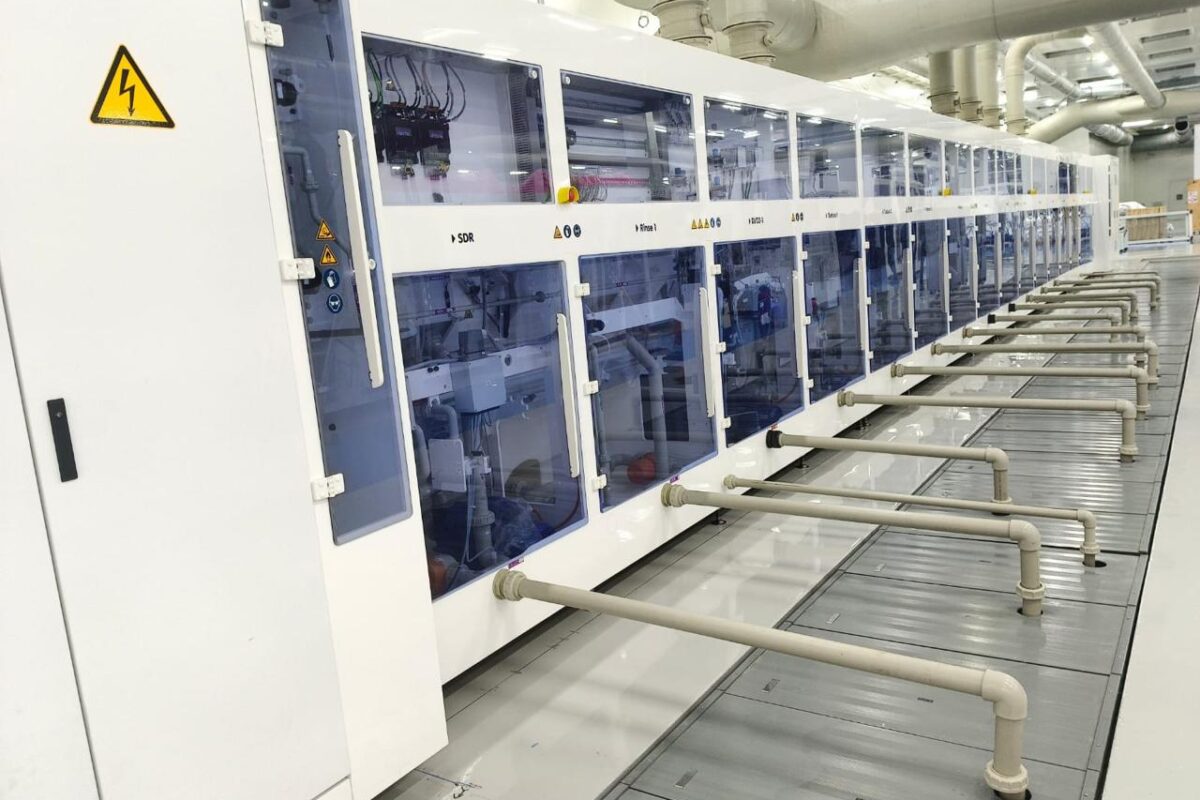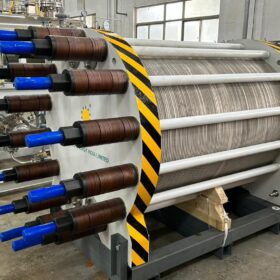From pv magazine Australia
The Queensland government has announced publicly owned energy company Stanwell Corporation will work with Energy Storage Industries – Asia Pacific (ESI) to develop what would be the largest iron flow battery energy storage system in the world and the largest deployment yet of Australian-made storage.
Stanwell is already working with ESI to establish a 1 MW/10 MWh iron flow battery pilot project near Rockhampton on Queensland’s central coast and now the state government has penned an agreement that could deliver a 150 MW battery with up to 14 hours of storage capacity.
The agreement, announced by Queensland Premier Annastacia Palaszczuk during her recent State of the State address, also provides Stanwell with rights to purchase up to 200 MW of iron flow battery energy storage a year from 2026.
“Stanwell has now entered into a partnership with Energy Storage Industries Asia Pacific to secure the first large-scale deployment of locally made flow batteries in Australia,” Palaszczuk said.
“Stanwell and Energy Storage Industries are now working on an initial 150 MW battery project with the ongoing rights to purchase up to 200 MW per annum.”
The announcement comes with work having already started on the pilot project that will deliver a 10 MWh iron flow battery storage system. The battery, the first technology to be tested at Stanwell’s Future Energy and Innovation Training Hub being built at the coal-fired Stanwell Power Station site near Rockhampton, is expected to be operational by September 2024.
ESI Managing Director Stuart Parry said the pilot project will confirm the viability of iron flow batteries for medium- and long-duration energy storage and the viability of deploying the technology at scale.
Parry said the company’s iron flow batteries can provide up to 14 hours of energy storage capacity, making them ideal for supporting and firming the electricity network during high demand and low renewable energy generation.
“The battery at Stanwell Clean Energy Hub is the first of many that will be deployed across the state to help stabilise energy supply from renewables and provide energy at night or when the sun doesn’t shine,” he said.
“We look forward to working with Stanwell to deliver this and future projects, which are critical to supplying Queensland’s long-term energy needs.”
EIS batteries are to be manufactured in a new facility being built at Maryborough with the centre expected to be operational in 2024. The company said its batteries have a lifecycle of 25 years, are entirely recyclable and made with environmentally friendly electrolytes produced in Townsville.
Parry said the company plans to expand its operations so that, by the end of 2026, it will be capable of delivering up to 400 MW of battery energy storage systems annually.
Stanwell Chief Executive Officer Michael O’Rourke said the agreement with ESI forms part of the corporation’s energy transition with the state government identifying large-scale energy storage as fundamental to achieving its renewable energy targets.
“To deliver the Queensland Energy and Jobs Plan, Stanwell is building a renewable energy portfolio of at least 9 to 10 GW by 2035, and at least 3 to 3.5 GW of energy storage,” he said.
This content is protected by copyright and may not be reused. If you want to cooperate with us and would like to reuse some of our content, please contact: editors@pv-magazine.com.









By submitting this form you agree to pv magazine using your data for the purposes of publishing your comment.
Your personal data will only be disclosed or otherwise transmitted to third parties for the purposes of spam filtering or if this is necessary for technical maintenance of the website. Any other transfer to third parties will not take place unless this is justified on the basis of applicable data protection regulations or if pv magazine is legally obliged to do so.
You may revoke this consent at any time with effect for the future, in which case your personal data will be deleted immediately. Otherwise, your data will be deleted if pv magazine has processed your request or the purpose of data storage is fulfilled.
Further information on data privacy can be found in our Data Protection Policy.